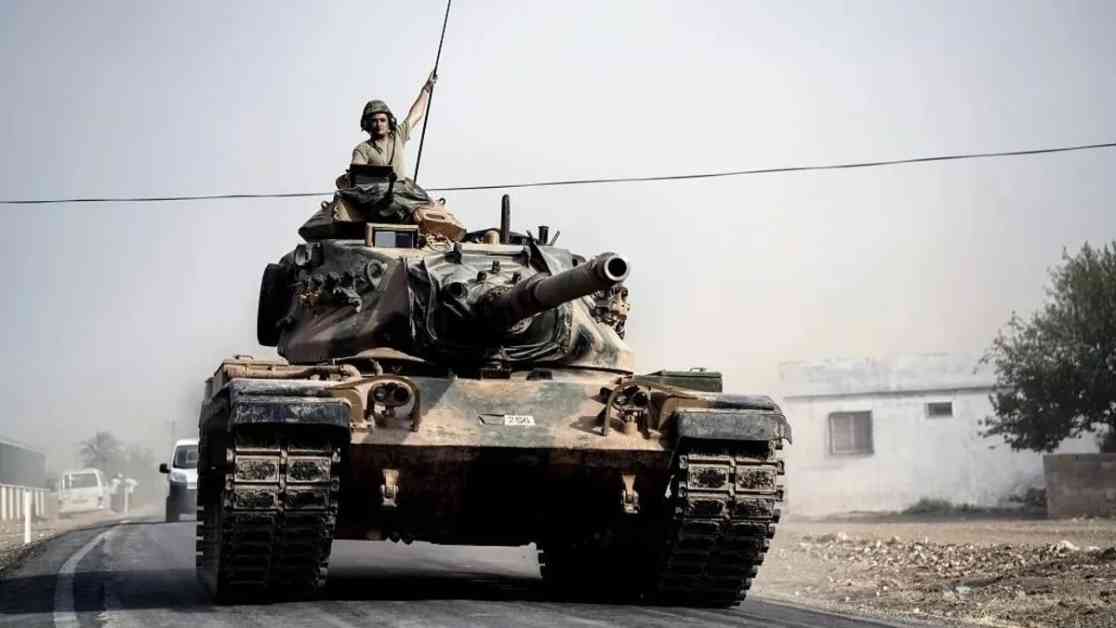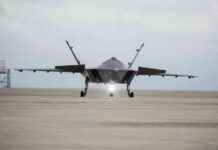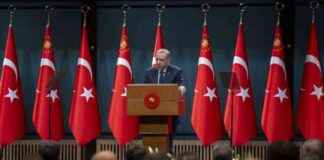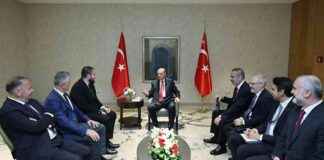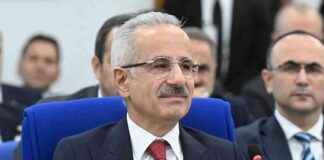NATO has 32 member countries that are governed by democracy, and it is natural for there to be debates and disagreements among them. However, NATO officials have expressed appreciation for Turkey’s cooperation with BRICS countries. In a recent statement, they acknowledged Turkey’s right to engage with partners, including those within the BRICS alliance.
There have been concerns raised about Turkey’s collaboration with BRICS, as it may raise questions among NATO allies. Despite this, NATO officials have emphasized that evaluations regarding this factor will not affect the significance of Turkey’s relationship with NATO. Dutch Prime Minister Mark Rutte highlighted the popularity of Turkey within NATO, stating that Turkey is a valued member of the alliance and will remain so in the future.
President Recep Tayyip Erdoğan is set to attend the upcoming BRICS summit in Kazan from October 22nd to 24th. This announcement was made by AK Party Deputy Chairman and Party Spokesperson Ömer Çelik. The participation of Turkey’s president in the BRICS summit indicates a willingness to engage with other international partners beyond NATO.
Turkey’s Role in BRICS Cooperation
Turkey’s involvement in the BRICS alliance has raised eyebrows among some NATO members. BRICS, which stands for Brazil, Russia, India, China, and South Africa, is a coalition of major emerging economies. Turkey’s participation in BRICS events and discussions has led to speculation about the country’s alignment with these nations and its potential impact on its relationship with NATO.
Despite these concerns, Turkey has emphasized that its collaboration with BRICS is not meant to undermine its commitments to NATO. Turkish officials have stated that engaging with BRICS countries allows for greater economic and diplomatic opportunities for Turkey, which can ultimately benefit its relationship with NATO as well.
The Importance of NATO-Turkey Relations
NATO-Turkey relations have been longstanding and significant for both parties. Turkey has been a member of NATO since 1952 and has played a key role in the alliance’s operations and missions over the years. The strategic location of Turkey, bridging Europe and Asia, makes it a valuable partner for NATO in ensuring security and stability in the region.
NATO has also been a crucial partner for Turkey in terms of defense and security cooperation. The alliance has provided support to Turkey in various ways, including training, intelligence sharing, and joint military exercises. Turkey’s participation in NATO missions, such as in Afghanistan and Kosovo, further demonstrates its commitment to the alliance’s objectives and values.
The Future of Turkey’s Engagement with BRICS
As Turkey continues to deepen its engagement with BRICS countries, it will be important for the country to balance its relationships with various international partners. While cooperation with BRICS can bring economic benefits and opportunities for Turkey, it is essential for the country to ensure that its commitments to NATO remain strong and unwavering.
Turkey’s participation in the upcoming BRICS summit in Kazan will be closely watched by NATO allies and other international partners. It will be crucial for Turkey to navigate its relationships with both NATO and BRICS in a way that promotes stability, security, and cooperation on the global stage.
In conclusion, Turkey’s cooperation with BRICS countries presents both opportunities and challenges for the country’s foreign policy. As Turkey navigates its relationships with NATO and BRICS, it will be important for the country to maintain a delicate balance that serves its national interests while upholding its commitments to its international partners.

